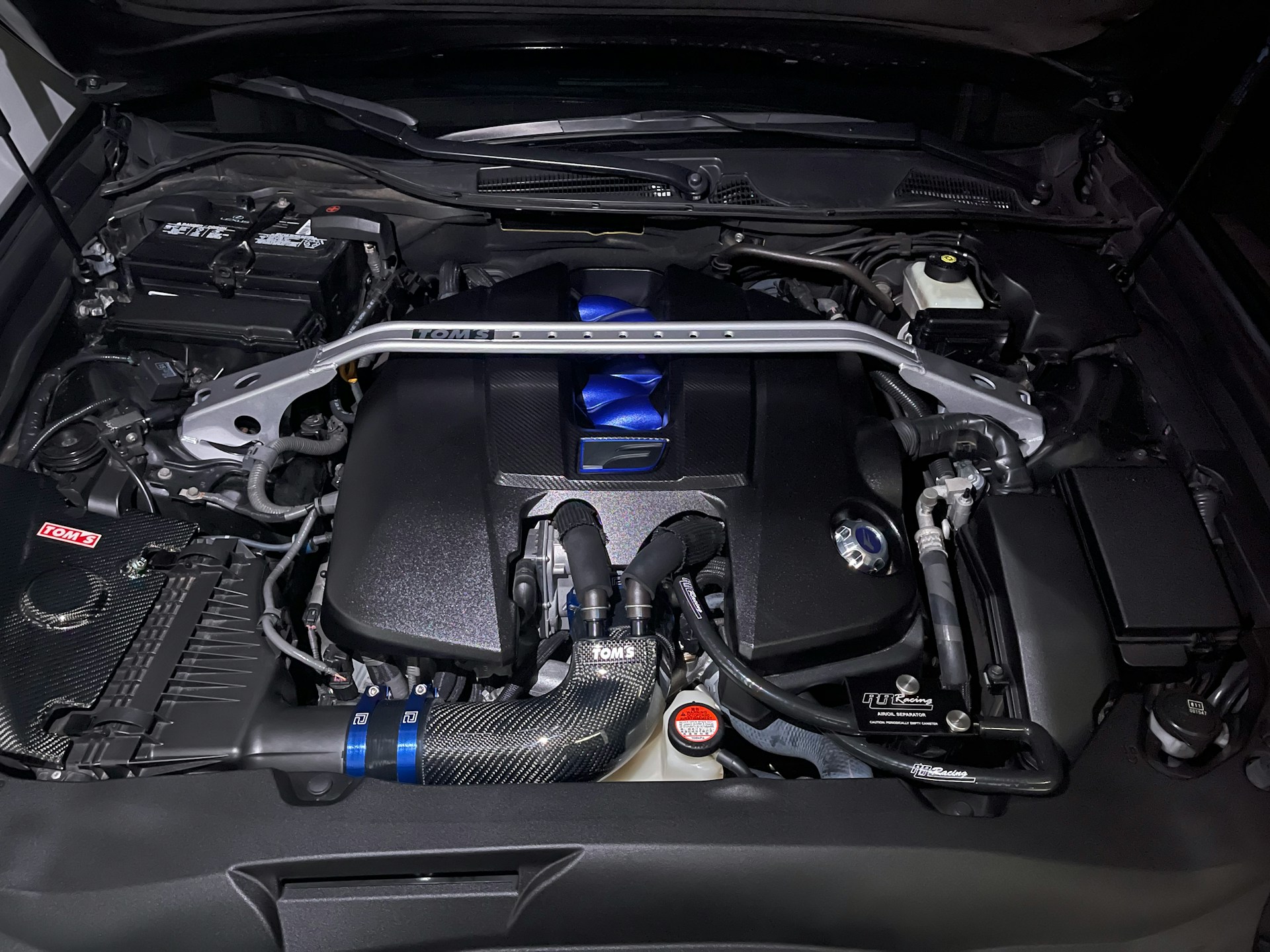
Car batteries are the heart of your vehicle’s electrical system. Picture them as the energy pack that keeps everything running smoothly, ensuring that your car starts and all the electronic gadgets function properly. When a battery falters, it can lead to a range of inconveniences from a simple delay in your commute to being completely stranded. Understanding the significance of maintaining a healthy car battery is not just for enthusiasts—it's essential knowledge for every driver.
For Hyundai owners in West Islip, being aware of common battery issues can save you from unexpected trouble. Hyundai vehicles are known for their reliability, but like any machine, they are not immune to problems. Addressing battery issues promptly ensures that your car runs efficiently, making everyday drives seamless. While service teams at places like Atlantic Hyundai are ready to assist, having a basic grasp of battery problems can empower you to take preventative steps.
Common Hyundai Battery Issues
Every car owner knows the dread of turning the key, only to be met with silence. Dead batteries are among the most frequent complaints, and for Hyundai vehicles, they manifest as a slow engine crank or even complete electrical failure. Recognizing these issues early on can prevent extended downtime and costly repairs.
Symptoms that your Hyundai's battery might be on the brink include:
- A clicking sound when turning the ignition
- Dim headlights, particularly noticeable at night
- Electrical components like power windows or the radio being sluggish
It's also important to consider the impact of seasons on your battery's health. In West Islip, the mixture of salty sea air and colder winter months can drain battery power faster than you may expect. During winter, the capacity drops, meaning that batteries may require more energy to perform standard operations. Thus, routine inspections during seasonal changes help ward off unexpected hiccups. Understanding these common battery issues not only helps you keep your vehicle in top shape but also boosts your confidence when dealing with car maintenance.
Troubleshooting Steps
When faced with potential battery issues, it’s helpful to know how to perform some simple checks at home before seeking professional help. This approach not only saves you time but also helps in understanding what might be going wrong. Here are a few steps to guide you through a basic diagnosis:
1. Visual Inspection: Start by checking the battery for any visible signs of wear such as corrosion on the terminals, cracks in the casing, or loose connections. These can often be the culprits behind poor performance.
2. Battery Voltage Test: Use a multimeter to test the battery voltage. A healthy car battery should read approximately 12.6 volts when the car is off. Anything significantly lower could mean your battery needs attention.
3. Check Electrical Components: Turn on the headlights and observe their brightness. Dim lights could be an indicator of low battery charge.
4. Listen for Sounds: Pay attention to any unusual noises when you start your car. Clicking sounds might suggest the starter motor is receiving insufficient power from the battery.
While these steps can help pinpoint the problem, if you're unsure about any inspection results or the car still isn’t running smoothly, it's wise to visit a service center. Relying on professionals ensures that issues are accurately diagnosed and fixed efficiently.
Preventative Measures
Preventing battery problems involves consistent maintenance and attentive care, especially given the specific climate in West Islip. Here are some preventive tips:
- Regular Charging: Ensure your battery is regularly charged, especially if you don't use your car daily. Short trips and extended periods without driving can lead to a drained battery.
- Clean Terminals: Keep battery terminals clean and free from corrosion. Using a brush and a baking soda-water mixture can help maintain cleanliness.
- Check Battery Health: Periodically have your battery tested during routine maintenance visits. Early detection of potential issues often leads to simpler remedies.
- Seasonal Checks: As temperatures drop in winter or rise in the summer, have your battery checked. Extreme temperatures can impact its performance.
By incorporating these tips into your car care routine, you give your battery the best chance to function effectively, reducing the need for frequent replacements.
Battery Replacement and Professional Services
Eventually, every battery reaches the end of its life. Recognizing the signs that it’s time for a replacement can save you from unexpected car woes. If your battery struggles to hold a charge or you frequently need a jump start, it’s probably time to consider a replacement. An expert can swiftly handle this task, ensuring safe and proper installation.
While changing a battery may seem straightforward, professional help ensures that the right battery type is fitted and that it is installed correctly. An expert's touch can also identify any underlying issues that might have led to earlier problems. Consulting the professionals provides peace of mind, making sure your Hyundai continues to run smoothly.
Keeping Your Hyundai Ready for Any Adventure
Maintaining a healthy car battery is a vital part of keeping your vehicle reliable. By addressing potential issues early, regularly checking in on your battery’s health, and relying on professionals for replacements or complex diagnostics, you reduce the risk of unexpected car troubles. Staying on top of battery care means your Hyundai will always be ready when you are, ensuring every trip—whether to the next town or just down the street—goes off without a hitch.
Taking care of your car's battery ensures smooth journeys and peace of mind. If you're experiencing issues or simply want to keep your vehicle in top shape, consider getting expert help to keep you on the road safely. Learn how the team at Atlantic Hyundai West Islip can provide reliable battery services to keep your Hyundai running its best.

